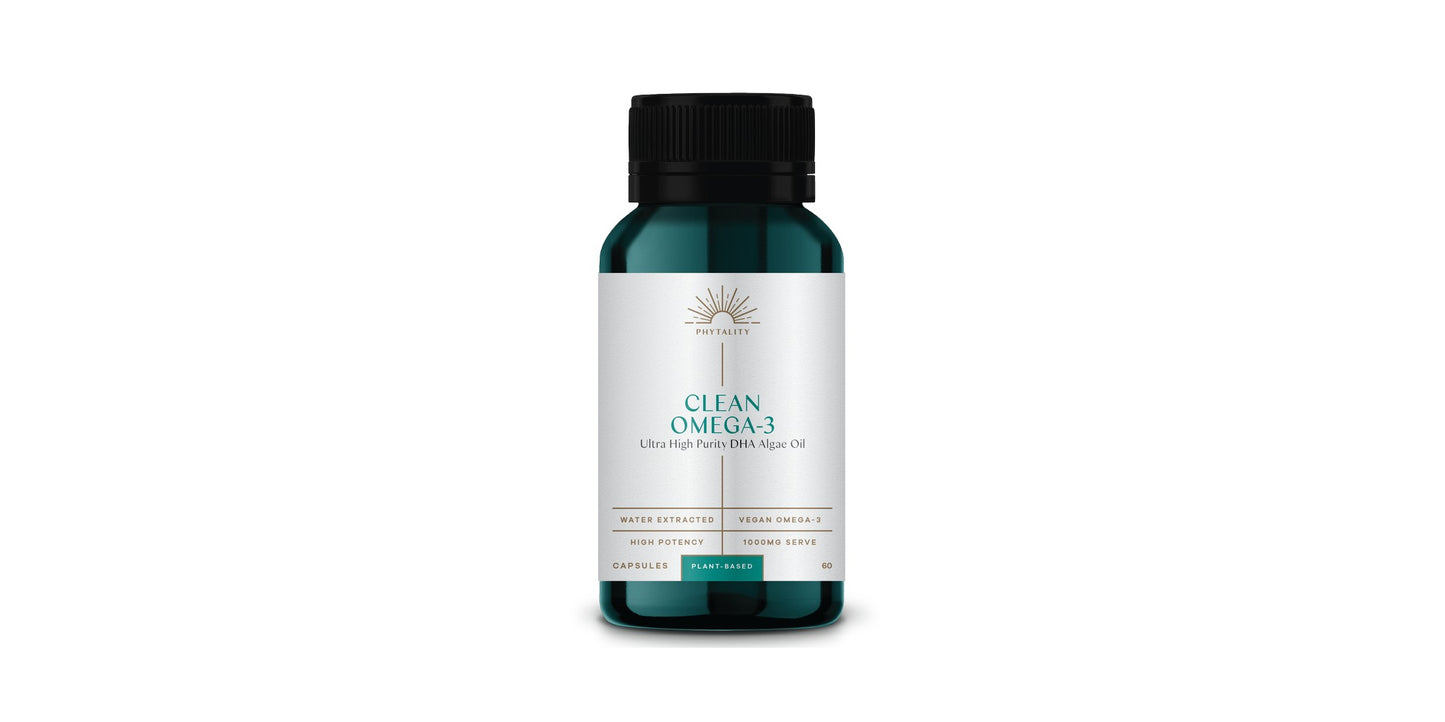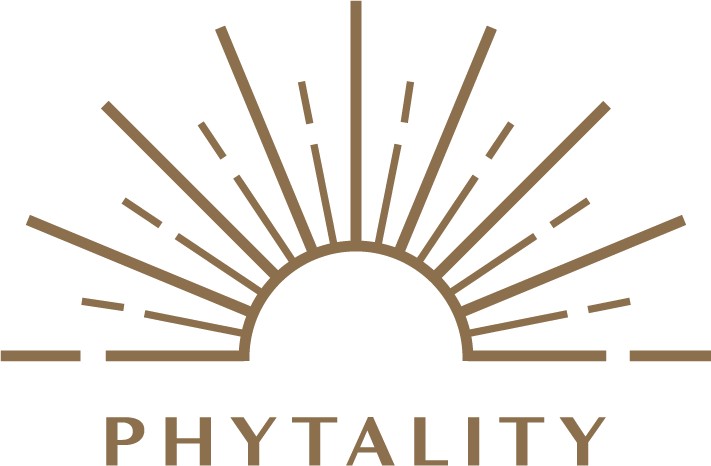
So, you may have heard of DHA before and wondered why it's so important.
Well, DHA stands for docosahexaenoic acid, and it's an omega-3 fatty acid that plays a crucial role in maintaining the health of our brains and eyes.
It's also essential for proper development during pregnancy and infancy. In other words, getting enough DHA is critical for overall good health.
Because DHA is commonly found in animal products like fatty fish, eggs, and dairy, some vegans wonder whether or not DHA supplements are necessary for their plant-based diet.
The answer is yes, vegans are typically deficient in this important fatty acid.
Don't worry, though - we'll explore this topic in more detail and discuss the options available to vegans looking to include DHA in their diet.
What is DHA and do Vegans Need it?
DHA stands for docosahexaenoic acid. It's an omega-3 fatty acid essential for maintaining the health of our brains and eyes and proper development during pregnancy and infancy.
The recommended daily intake (RDI) of docosahexaenoic acid (DHA) for adults is 250 mg/day for men and women.
However, studies indicate that even in populations consuming seafood, the majority indicate sub-optimum levels (1) For vegans, deficiency is a given unless supplementation is in place.
The Vital Role of DHA in the Body
Research has shown that DHA is an important structural component of the brain and is involved in the formation of neural connections, or synapses, between neurons. DHA is also involved in the maintenance and repair of brain cells and may have anti-inflammatory properties that can help protect the brain from damage.
It is estimated that about 20% of the dry weight of the brain is made up of fatty acids, and DHA is the most abundant omega-3 fatty acid in the brain
Getting enough DHA in our diet is vital for overall good health, but it's especially crucial for the proper development and function of the brain and eyes. That's why it's often recommended for pregnant women, nursing mothers, and young children.
Can Vegans Get Ensure Adequate DHA Intake Through Foods?
Some natural sources of DHA include fatty fish like salmon, mackerel, sardines, eggs, and dairy. For vegans, there are no whole-food options at all.
Until now, vegans have typically eaten products containing ALA, believing that the body can convert to DHA to some degree. Some recent studies are calling this into question, however, suggesting vegan diets are completely devoid of DHA (1). Even vegetarian diets that include dairy food and eggs only provide about 0.02 g DHA/d in blood lipids.
One study showed that a man who supplemented ALA decreased his DHA levels in 12 weeks. (2)
What's The Best Way For Vegans To Ensure Adequate Dha Intake Through Supplements?
Supplementing with algae oil is the best way for vegans to ensure adequate DHA levels and all of the health benefits that follow.
The most common algae used for vegan DHA supplements is a single-celled heterotrophic microalga called Schizochytrium sp which boasts an exceptionally high content of omega-3 polyunsaturated fatty acids
This type of microalgae is rich in DHA and can be grown sustainably in a controlled environment, to maximise beneficial fatty acid levels, and ensure purity.
For the best source of vegan DHA, please investigate our Clean Omega Vegan DHA product, which offers your RDA of 250mg in a natural, pure and sustainable form.
References
(1) https://pubmed.ncbi.nlm.nih.gov/29597261/
(2) https://pubmed.ncbi.nlm.nih.gov/19500961/#:~:text=Results%3A%20Dietary%20analyses%20show%20that,%2D6)%20than%20omnivore%20diets.
